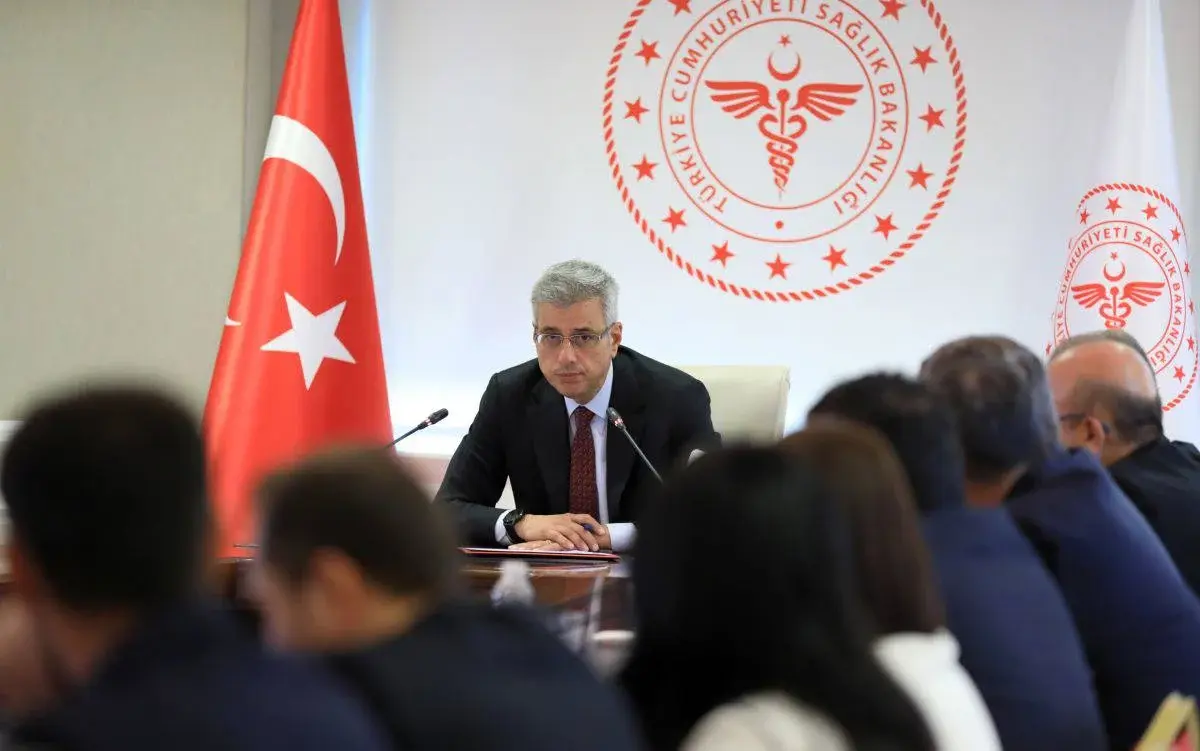Minister: Turkey closely monitoring Mpox


Health Minister Kemal Memişoğlu met with media representatives today in Ankara to discuss current public health issues, including the spread of the Mpox virus, also formerly known as monkeypox, and ongoing monitoring of Covid-19.
Memişoğlu reassured the public that while Turkey is closely monitoring developments regarding Mpox and Covid-19, there is currently no cause for alarm. "We are following developments related to Mpox and Covid-19, but at the moment, there is no situation that warrants alarm," he stated.
His comments came in the wake of a public health emergency declared by the Africa Centres for Disease Control and Prevention (Africa CDC) due to the rapid spread of the Mpox virus across several African countries. According to a report by Africa CDC, as of August 8, 2024, there have been 2,822 confirmed cases and 14,719 suspected cases across 13 African nations, resulting in 517 deaths, with 511 occurring in the Democratic Republic of Congo.
Memişoğlu also emphasized the importance of promoting healthy living habits among the population, citing challenges such as addiction, obesity, physical inactivity, nutritional disorders, and low fertility rates as future health risks. He pointed out that while Covid-19 claimed 6 million lives globally over two years, circulatory diseases continue to cause 17 million deaths annually.
About the Mpox virus
The Mpox virus, originally endemic to Africa, has recently gained global attention due to its spread beyond the continent. The virus, which has a mortality rate of around 5%, can cause symptoms such as high fever, itchy rashes, chills, headaches, muscle aches, fatigue, and in severe cases, death.
In November 2023, the World Health Organization (WHO) officially renamed the disease from "monkeypox" to "Mpox," citing concerns that the original name was both "racist and stigmatizing."
The Turkish Medical Association (TTB) provided further insights into the transmission of the Mpox virus, noting that it spreads through close contact with infectious wounds, bodily fluids, or contaminated objects, as well as through prolonged face-to-face contact or respiratory droplets.
The TTB highlighted that individuals are considered contagious from the onset of symptoms until all lesions have crusted over and new skin has formed. (AS/VK)





